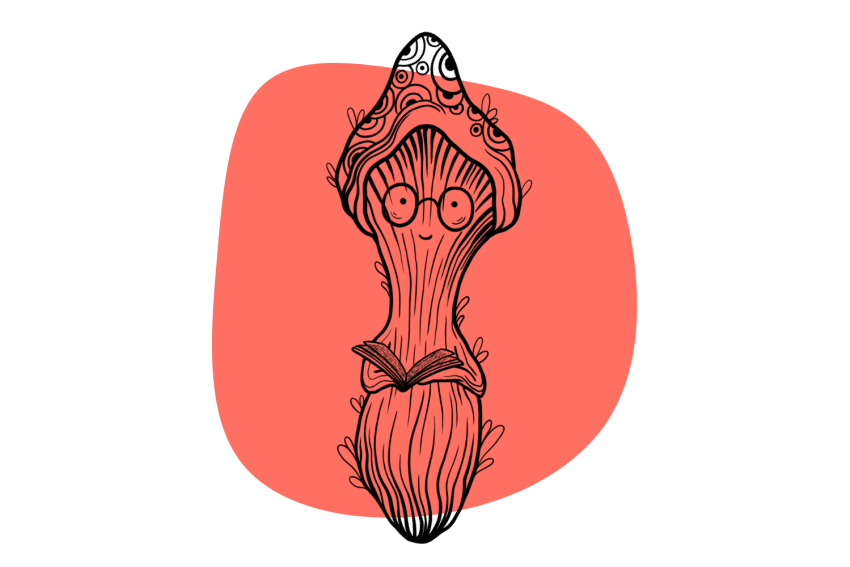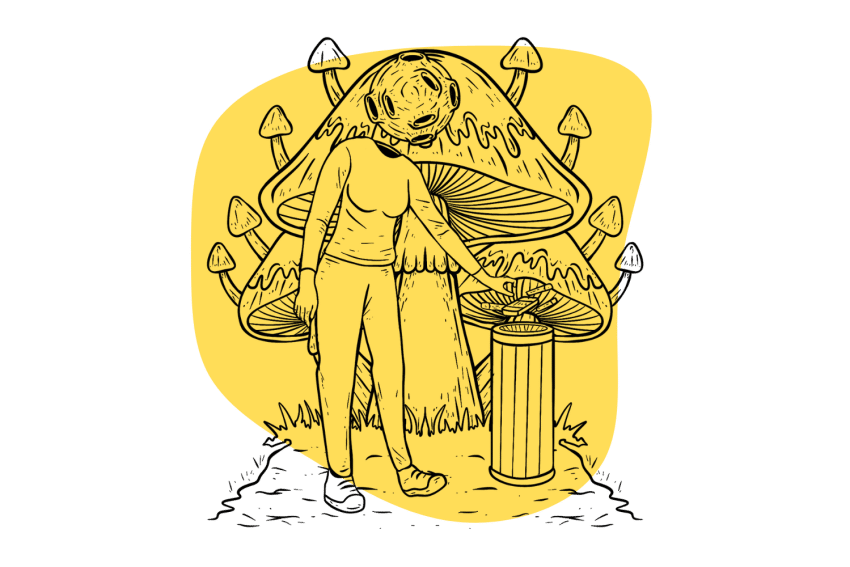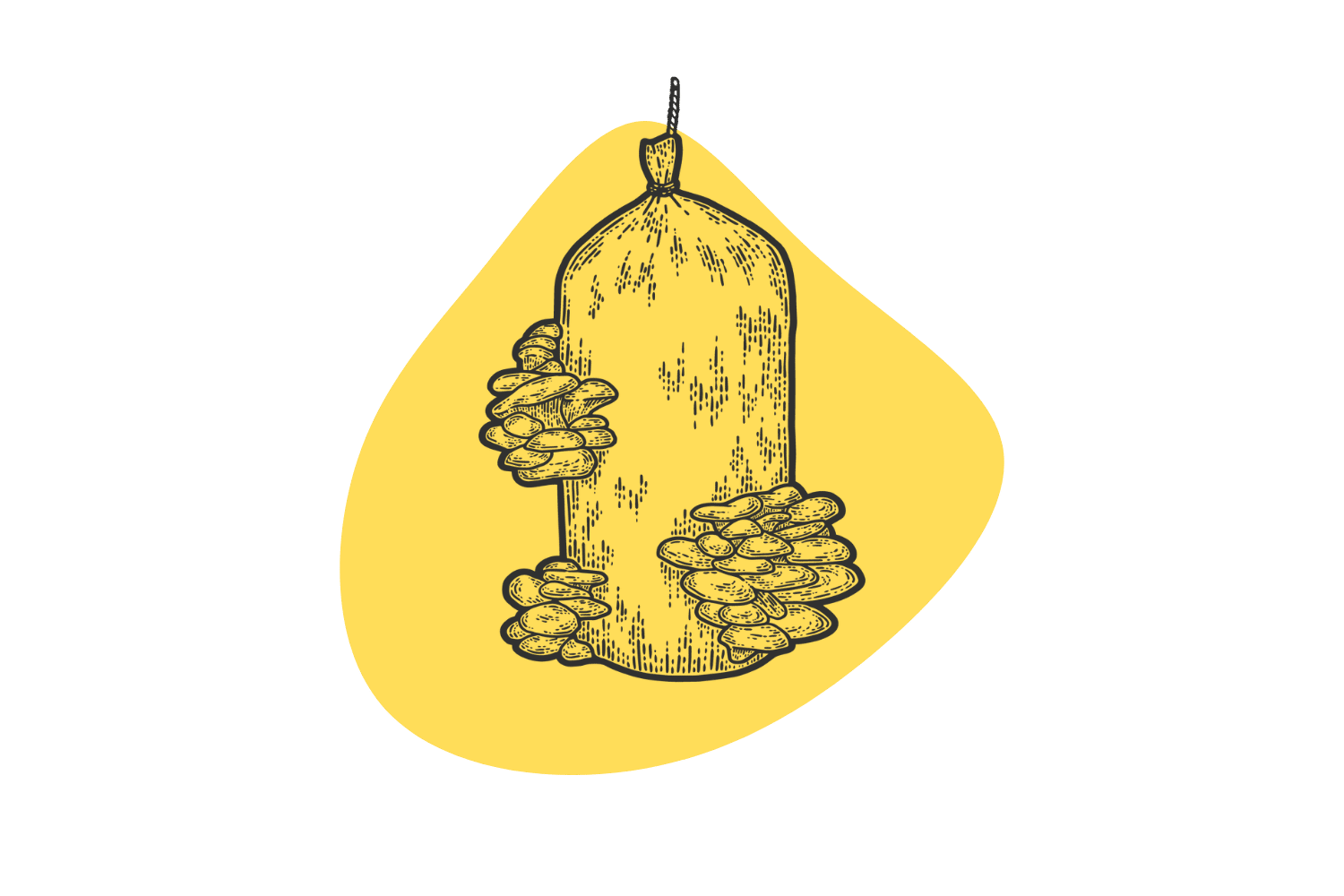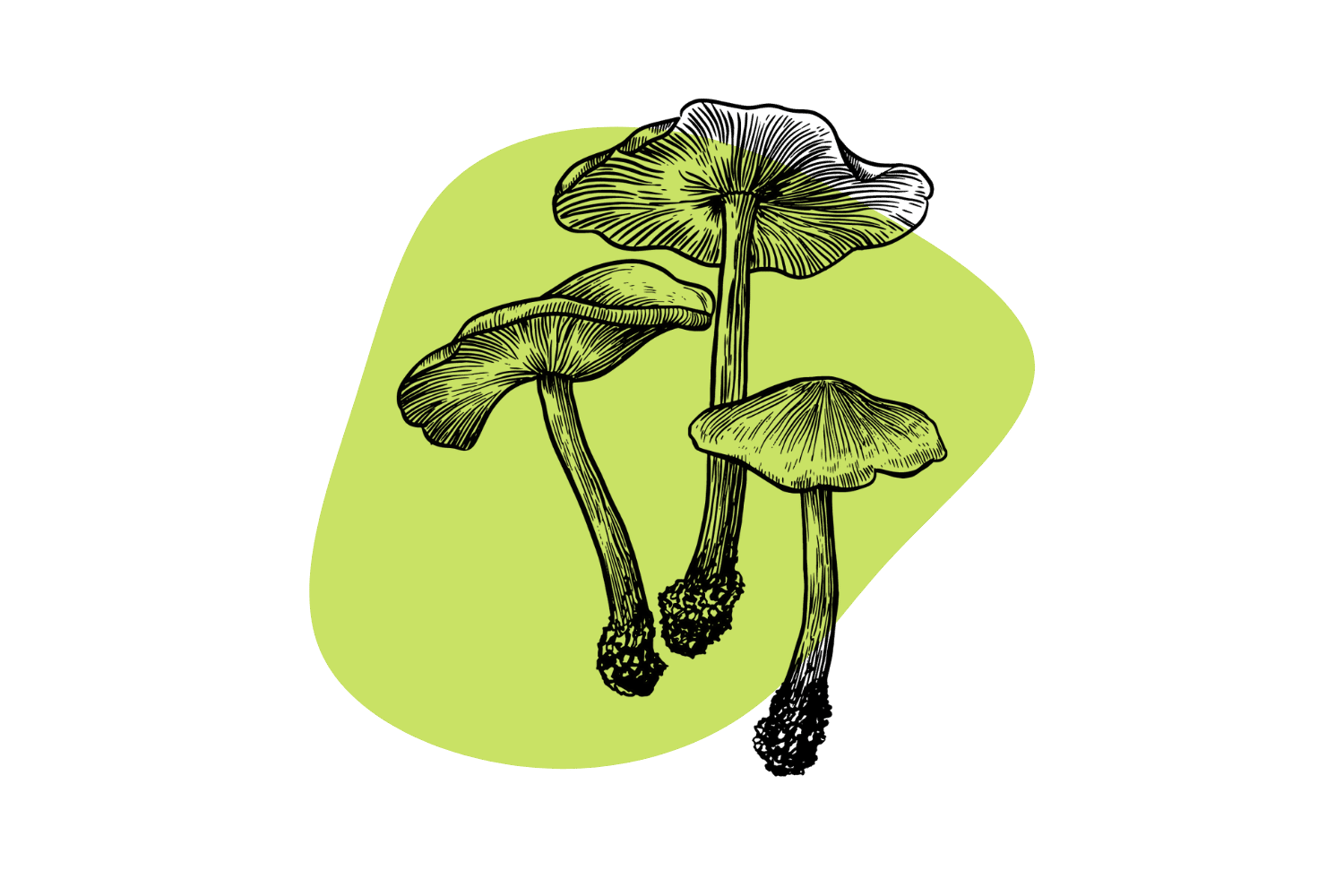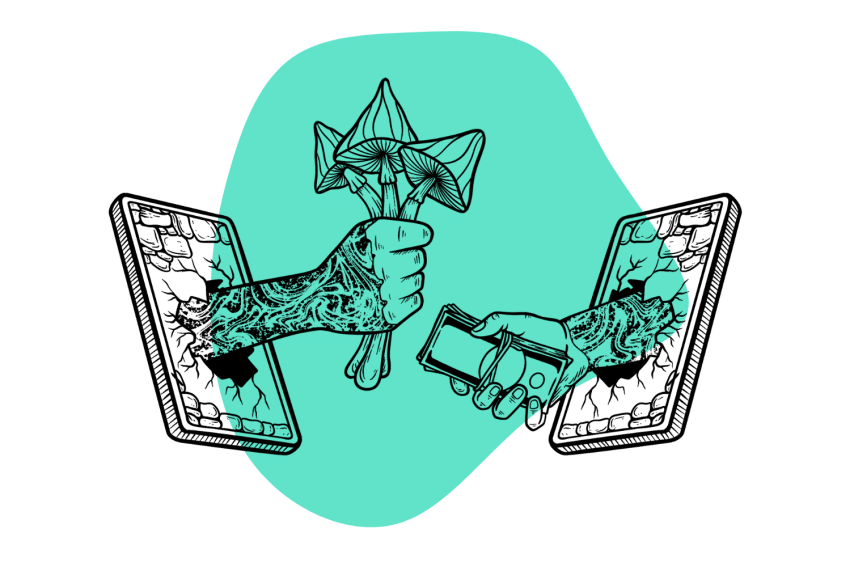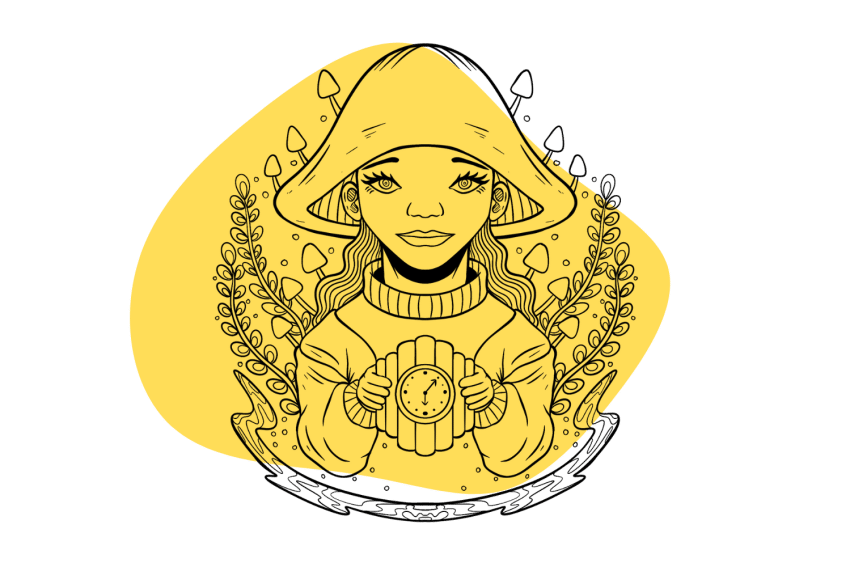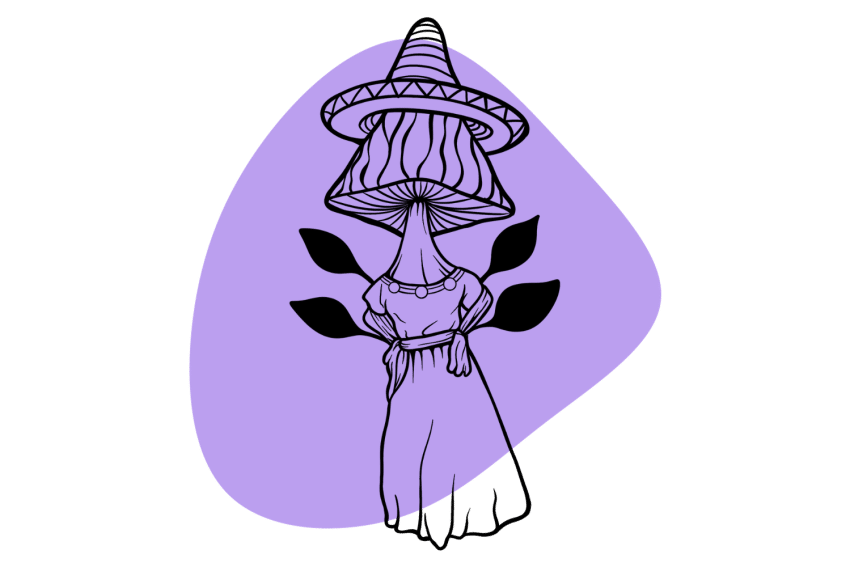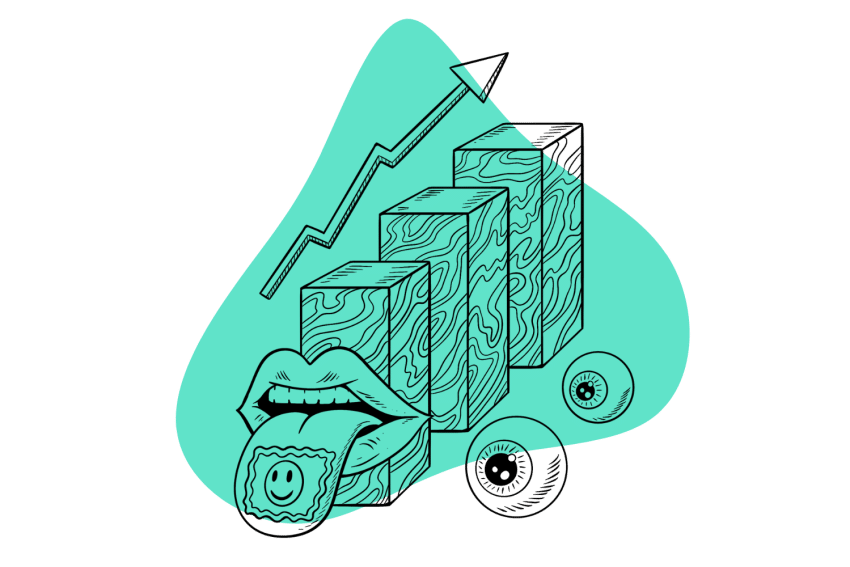Are Psychedelics Legal in Venezuela?
Unless there are any petroleum-based psychedelics, the answer is probably not. All drugs are strictly illegal here.
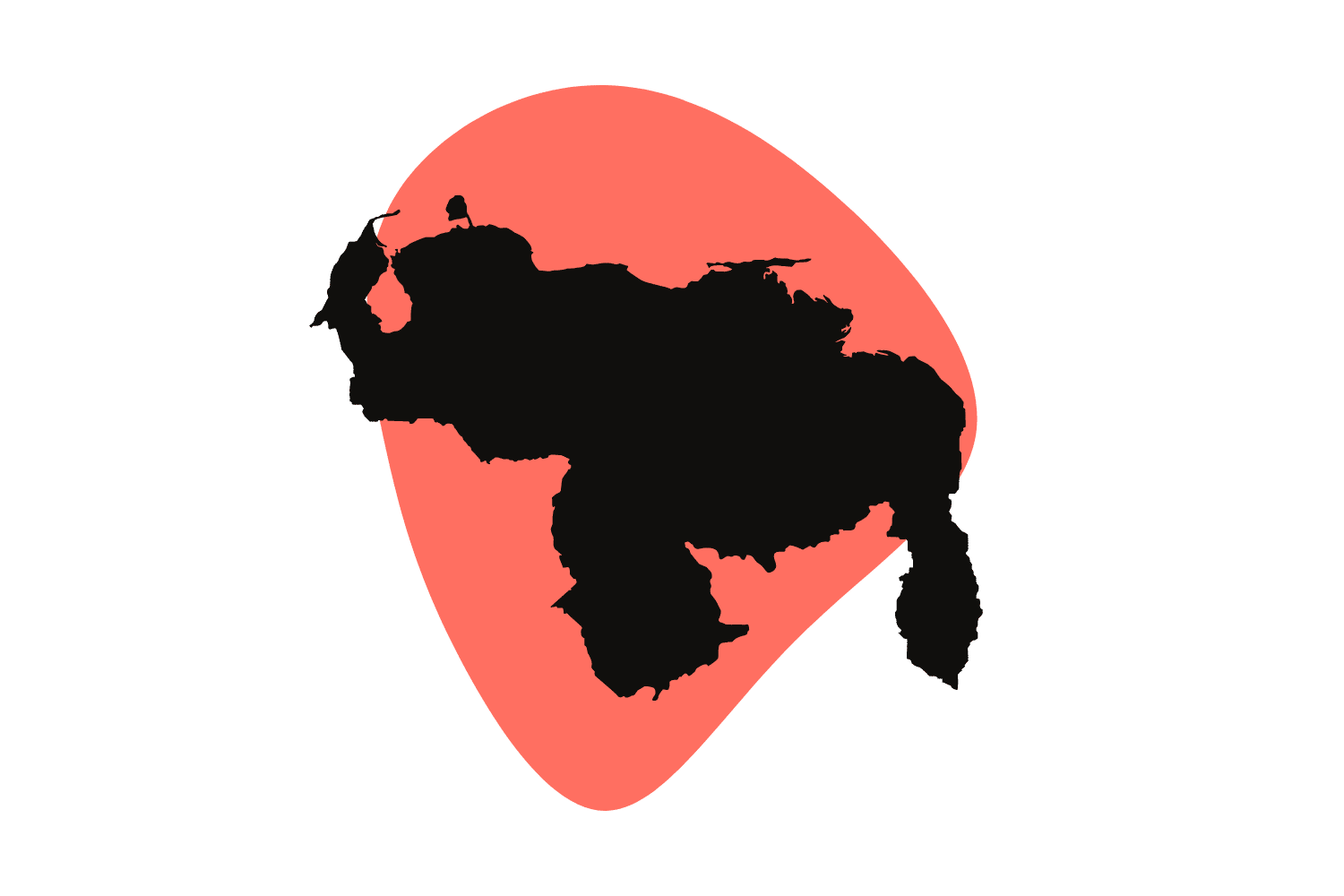
Venezuela’s drug laws are quite conservative. The country adheres to many bans proposed in international conventions over five decades ago and hasn’t made many modifications in recent years.
The current drug laws were established in 2010. It describes the penalties for the production, possession, trafficking, and consumption of illicit substances but doesn’t provide a list of which are banned.
Instead, it refers to lists of substances from the Convention on Psychotropic Substances of 1971, which would make most of the classical psychedelics effectively illegal.
In this article, we’ll briefly examine the legal status of magic mushrooms and other psychedelics in Venezuela and the new therapeutical benefits discovered in psychedelics.
Summary of Psychedelic Drug Laws in Venezuela
- Magic mushrooms and other psychedelics are illegal in Venezuela.
- The law does not explicitly state which substances are banned but refers to the list of substances by international conventions.
- Cannabis is illegal in Venezuela, even for medicinal uses.
- Small amounts of substances are considered personal use and receive no legal penalties, but users must attend rehabilitation. Personal amounts are no more than 2 g of cocaine and 20 g of cannabis.
- There are no proposals to modify drug-related legislation at the moment.
Sources
- Single Convention on Narcotic Drugs, 1961
- Ley Orgánica de Drogas
- Local laws and customs – Venezuela travel advice – GOV.UK
- Laws and Drug Crime in Venezuela: Know Before You Go
Are Magic Mushrooms Legal in Venezuela?
Magic mushrooms are most likely illegal in Venezuela — but the laws aren’t clear.
Venezuela’s current legislation on drugs was brought into effect in 2010. It’s pretty extensive on the penalties for trafficking and prevention methods, but we could find no list of specifically banned substances.
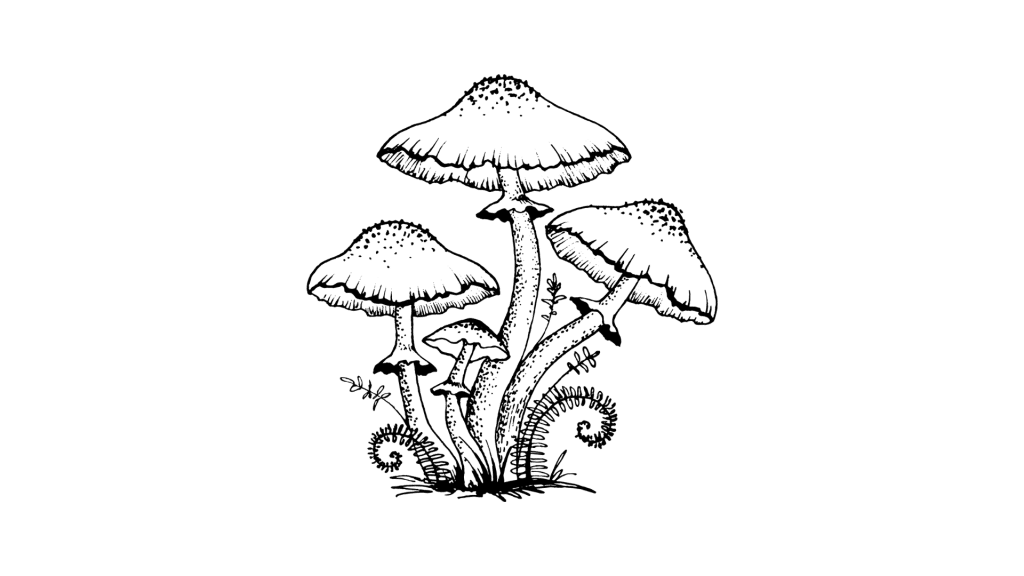
This same law describes a “drug” as any substance that can alter the nervous system when ingested, but you can apply this logic to many legal substances. For this reason, although magic mushrooms are probably considered illegal, we haven’t been able to confirm it.
Where to Buy Magic Mushroom Spores in Venezuela
Because of Venezuela’s legislation, the commercialization of magic mushrooms can be equated to drug trafficking and is heavily punished by law. For this reason, magic mushroom spores and cultivation don’t seem to be very common in this country.
We could find no information on grow shops or online stores that provide spores or information on shroom cultivation.
Do Magic Mushrooms Grow Wild in Venezuela?
Yes, you can find magic mushrooms growing in the wild in Venezuela.
Magic mushrooms grow natively in most of the world, except in icy areas.
Around 200 different species of magic mushrooms have been identified. Many grow typically in only one part of the world, but others have been found across different territories and continents.
Below are some of the species that are most commonly found in Venezuela.
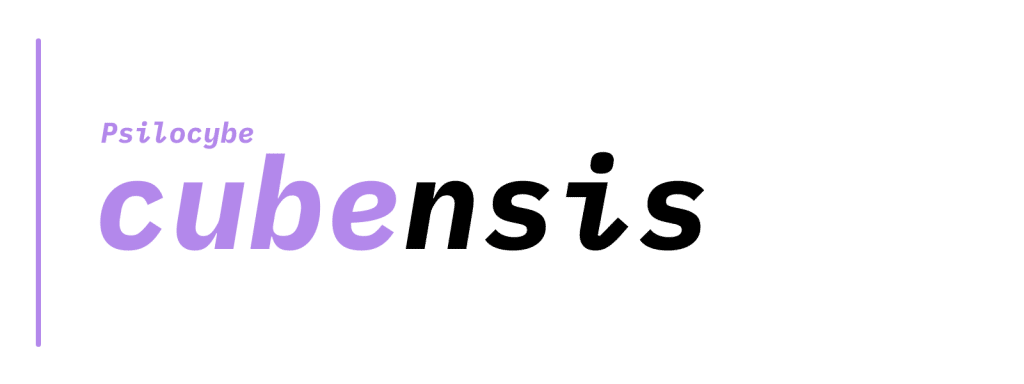
Psilocybe cubensis
This is one of the most common magic mushroom species in the world. It grows in the wild on every continent except Antarctica. Though not amongst the most potent, they’re strong enough to provide remarkable psychedelic effects even with small doses.
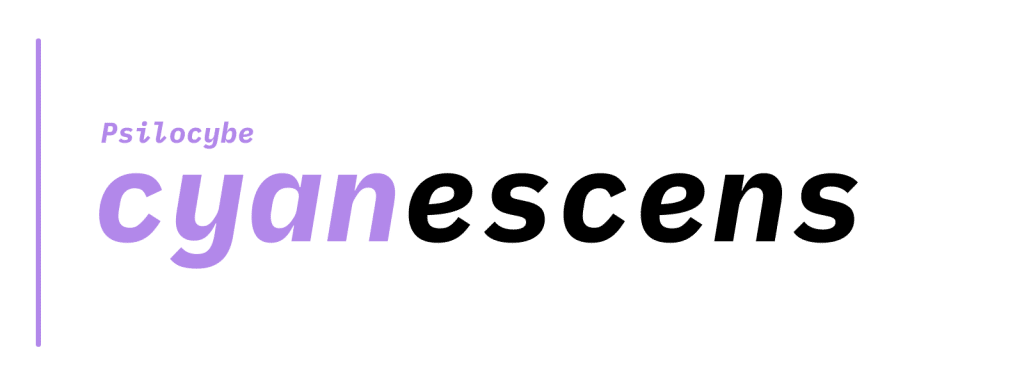
Panaeolus cyanescens
This species is three times more potent than Psilocybe cubensis. It’s prevalent in places with lots of livestock, as it grows in exceeding abundance on dung. They’re distinguished for their light caramel-colored cap and stem.
Panaeolus venezolanus
This species has a brownish-gray to ash gray color. It was originally discovered in Venezuela, growing on cow dung or rich soils. It’s not as known or common as other species, but it contains a significant amount of psilocybin.
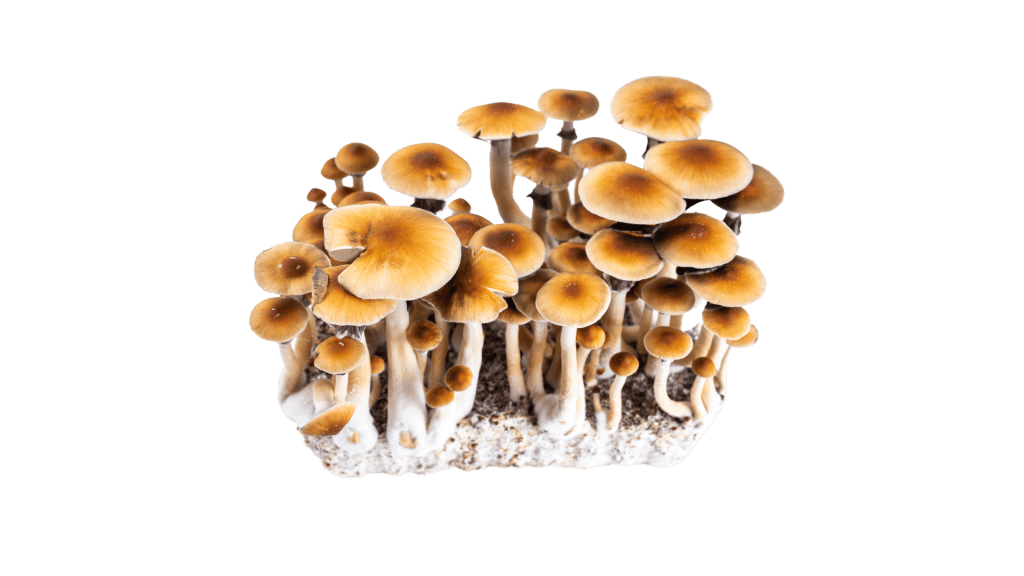
What Are the Medicinal Uses of Shrooms?
Recently, in North America and Europe, we can see the legalization of psilocybin gaining impulse. The main reason for this is their proven therapeutical benefits.
When combined with therapy and administrated under professional care, psychedelics have shown outstanding results in patients.
In addition to the following therapeutical uses, they’re known to improve problem-solving abilities, along with creativity.
Depression
Despite the development of many antidepressant drugs, depression levels keep increasing worldwide. Commonly, it is treated as a chemical disorder in the brain, with drugs altering neurotransmitters to induce positive feelings.
Therapy with psychedelics has been proven to be more effective for depression. They provide deep, personal insight that usually leads away from negative thought loops and allows the user to rewrite unconscious thinking.
Post-Traumatic Stress Disorder (PTSD)
Psilocybin can help you recover from post-traumatic stress disorder, and they do so by reprocessing your sensorial process, both for present and past impressions.
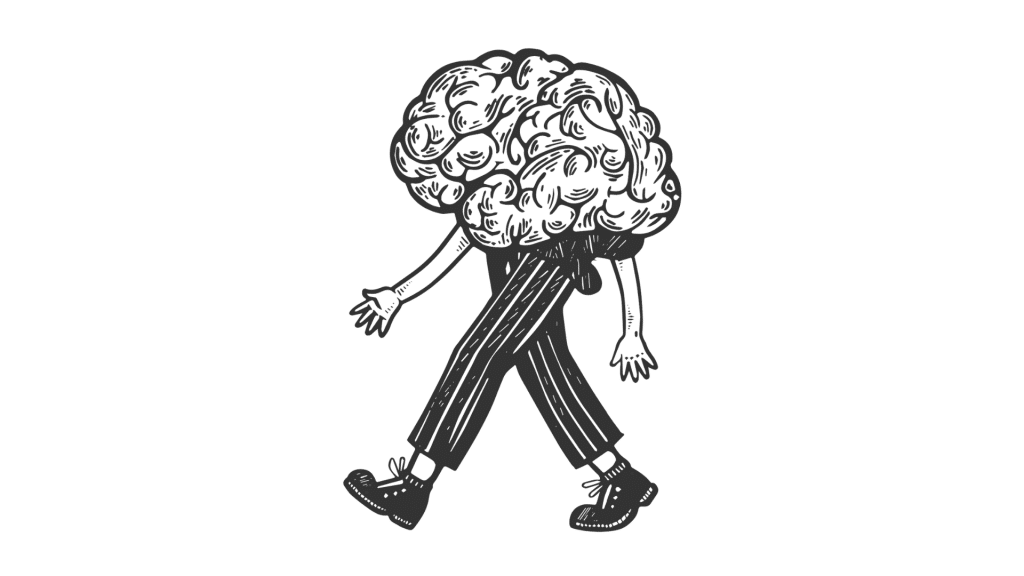
With psychotherapy, new neural patterns are generated. Also, in addition to the increase in creativity, it is very common to perceive memories differently and reduce negative thoughts associated with them.
Existential Anxiety (Terminal Illness) (End of Life Care)
Psilocybin and other psychedelics started being used in palliative care in recent years. Studies confirmed that psilocybin helps alleviate existential anxiety in patients treated for terminal illnesses.
Even in patients treated with microdoses, there was a significant improvement in the outlook on life for those treated for depression related to terminal illnesses. On top of that, the effects lasted for months after psilocybin was administered.
Cluster Headaches
Cluster headaches can be confused with migraines, but they are more painful and repeat in cycles. Sometimes they occur several times a day, and the pain is so severe they’ve been called “suicide headaches.”
There is little clinical testing with psychedelics for cluster headaches, but the studies and surveys done so far show promising results. Psilocybin, while non-addictive, dramatically reduces the severity of the symptoms, though it is still unclear how.
Addiction
Addiction is not a problem in itself but an unhealthy way for someone to cope with the actual problem. The way addiction is treated usually does not try to determine the cause but treats its symptoms.
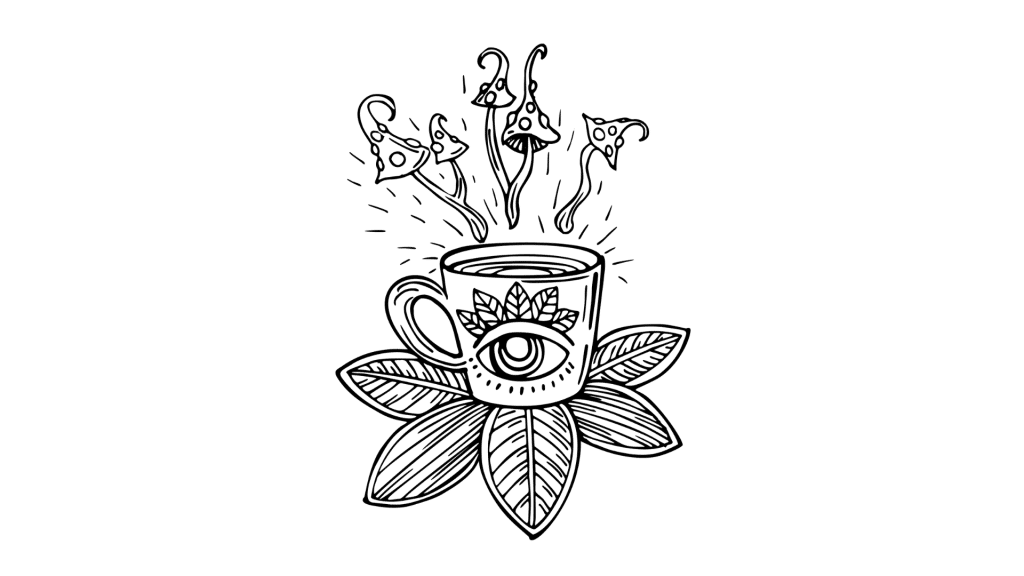
Psychedelics are very helpful in fighting addiction when combined with appropriate therapy. They provide users with a profound experience that increases the sense of value and meaning of life and helps identify sources of conflict and how they’re perceived.
Is LSD Legal in Venezuela?
No, LSD is not legal in Venezuela.
Similar to most countries, LSD is banned in Venezuela. This psychedelic has no specific amount considered as “personal use” by this country’s drug laws, so it is unclear which penalties if any, you would receive for possession.
There are numerous LSD analogs available on the market today that are not listed as illegal in Venezuela. However, it’s not clear how Venezuelan authorities view these compounds. It’s very likely you’ll experience legal trouble if caught with any lysergamide psychedelics.
A few of the LSD analogs include LSZ, AL-LAD, PRO-LAD, ETH-LAD, PARGY-LAD, 1P-LSD, 1B-LSD, 1V-LSD, and many others.
Is DMT Legal in Venezuela?
No, DMT is not legal in Venezuela.
DMT (dimethyltryptamine), also known as the “Spirit Molecule,” is considered strictly illegal. Venezuela banned all the substances listed by the UN in the 1971 convention, which included multiple forms of DMT, including N,N,DMT, and 5-MeO-DMT.
However, there is no specific mention of ayahuasca, changa, or Bufo alvarius in its legislation. This doesn’t necessarily mean it’s legal here.
Most likely, it’s up to the officer who finds these substances to decide whether they’re going to arrest and charge you or not.
Is MDMA Legal in Venezuela?
No, MDMA is not legal in Venezuela.
MDMA, or ecstasy, is among Venezuela’s banned substances due to its psychedelic effects. Even possession of small quantities can merit significant legal charges.
Some countries are moving to legalize the medicinal use of MDMA in therapy, but for now, Venezuela is not considering it.
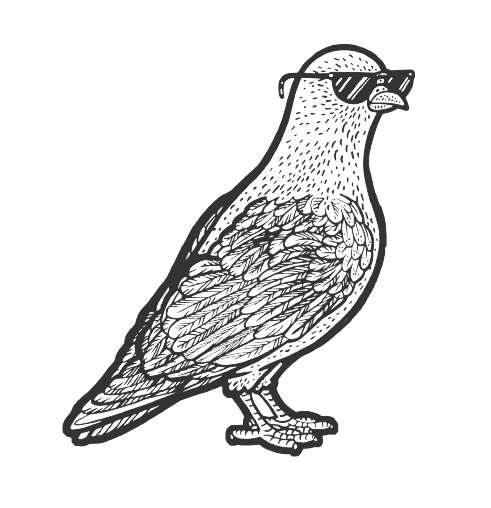
Other amphetamine psychedelics that aren’t specifically mentioned but will most likely result in legal trouble include MDA, TFA, DOC, DOI, and DOM.
Related: What is Psychedelic-Assisted Psychotherapy?
Is Ketamine Legal in Venezuela?
Yes, ketamine is legal in Venezuela, but only for medical use.
Despite its stance on other psychedelics, ketamine is legally commercialized as an anesthetic in Venezuela. However, its use is restricted to medical interventions, so it’s not openly sold to the public.
There are numerous ketamine analogs and related arylcyclohexylamine psychedelics, such as PCP and DCK, that aren’t explicitly “illegal” but will likely result in problems if caught in possession.
Is Marijuana Legal in Venezuela?
No, marijuana is not legal in Venezuela.
There is a recent trend in Latin America to decriminalize cannabis and legalize it for medicinal purposes. However, Venezuela has taken no actions toward legalizing or decriminalizing this plant. All cannabis use remains strictly illegal in Venezuela.
There is no mention of the legal status of delta 8, 9, or 10 THC in Venezuela.
However, considering that even therapeutic cannabis is illegal here, it would not be regarded as a legal substance if seized by the police.
What’s the Difference Between Legalization & Decriminalization?
Though they may seem similar, legalization and decriminalization are two different concepts.
Decriminalization only means the legal penalties for holding a substance are removed, but it continues to be illegal to sell and produce it. In some cases, fines or mandatory rehabilitation can be issued.
Legalization is more than just removing the penalties for using a substance. It also establishes safe production and distribution regulations, which makes users turn to trustable, approved sellers.

This ensures access to better, unadulterated products and reduces the risks of overdose, addiction, and other substance-related problems. It also effectively cripples black markets.
Key Takeaways: What’s the Future of Psychedelics in Venezuela?
The use of psychedelics is increasing globally, especially with their recently found therapeutic properties. Venezuela is not part of that trend, and there’s currently no information regarding proposals to modify the legal status of psychedelics here.
Additionally, the current drug laws in Venezuela are already outdated by over 10-years. It’s very unlikely we’ll see legal psychedelic use in this country anytime soon.

